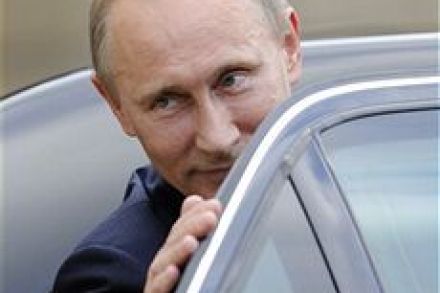What will emerge from the ashes in Afghanistan?
On Monday, James drew attention to Dexter Filkins’ stark assessment of the situation in Afghanstan and of the strength of the Taliban. Today, the attack on a hotel in Kabul gives that assessment a fresh and tragic resonance. What we seem to be witnessing is the Taliban, or at least elements of them, flaunting their murderous intent as the West prepares to leave the country. From the assassination of General Daud to this Mumbai-style raid, their methods are becoming more ambitious, more headline-grabbing. Around ten innocents are said to have been killed this time around, along with six to seven of the Islamist militiamen. Every death, of course, raises doubts












